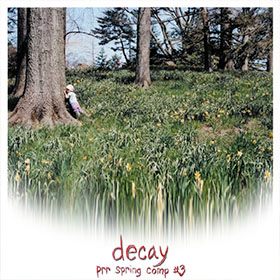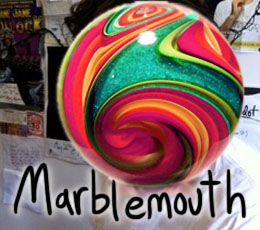

Desiring Machines
Desiring Machines is the fourth release by Marblemouth, and the first since 2013’s now-deleted Melodramas. It is comprised of five songs about beds, written and recorded between 2012 and 2018. A desiring-machine is a concept from the work of writers Gilles Deleuze and Felix Guattari, first outlined in their 1970 book Anti-Oedipus. Desire has always been central to Marblemouth; it’s an artistic interest of mine stretching back a decade now.
For a long time, desire was mostly understood in the terms outlined by the Greeks: lacking. We want what we don’t have, in the hopes that having it will allow us to become someone different, someone better. Deleuze and Guattari saw desire, and the desiring-machines that inscribe it, as a productive force, capable of calling whole social structures into question, and therefore we should listen to what it tells us. Somehow, this is different from the old definition of “lacking,” though Michel Foucault never quite figured it out either so I don’t strain myself too hard.
The term felt right, especially because this album is a bit of a departure for Marblemouth, relying on drum machines doing their thing and a droning accompaniment from synthesizer and keyboard. The characters are the same as they’ve always been: sad and lonely, considering an absent you from the vantage of an ever-present I. Someday they’ll figure it out. Someday we all will. If there’s one thing I’ll ask you to listen for in their words, it’s what specifically each of them are looking for. I think that’s where the productive force that Deleuze and Guattari saw emanates from.
Thanks are owed to a small cast of friends: Jon and Nina; Tyler, Greg and Kenny; Nolan, for his notes on mixing and mastering, but especially to Wes, Shane, and Kathy K, who moved away.
Credits: Desiring Machines was performed, recorded, mixed, and mastered by Marblemouth, 2012-18. Cover art by Ken Korb. Photo of Rachel courtesy the subject.
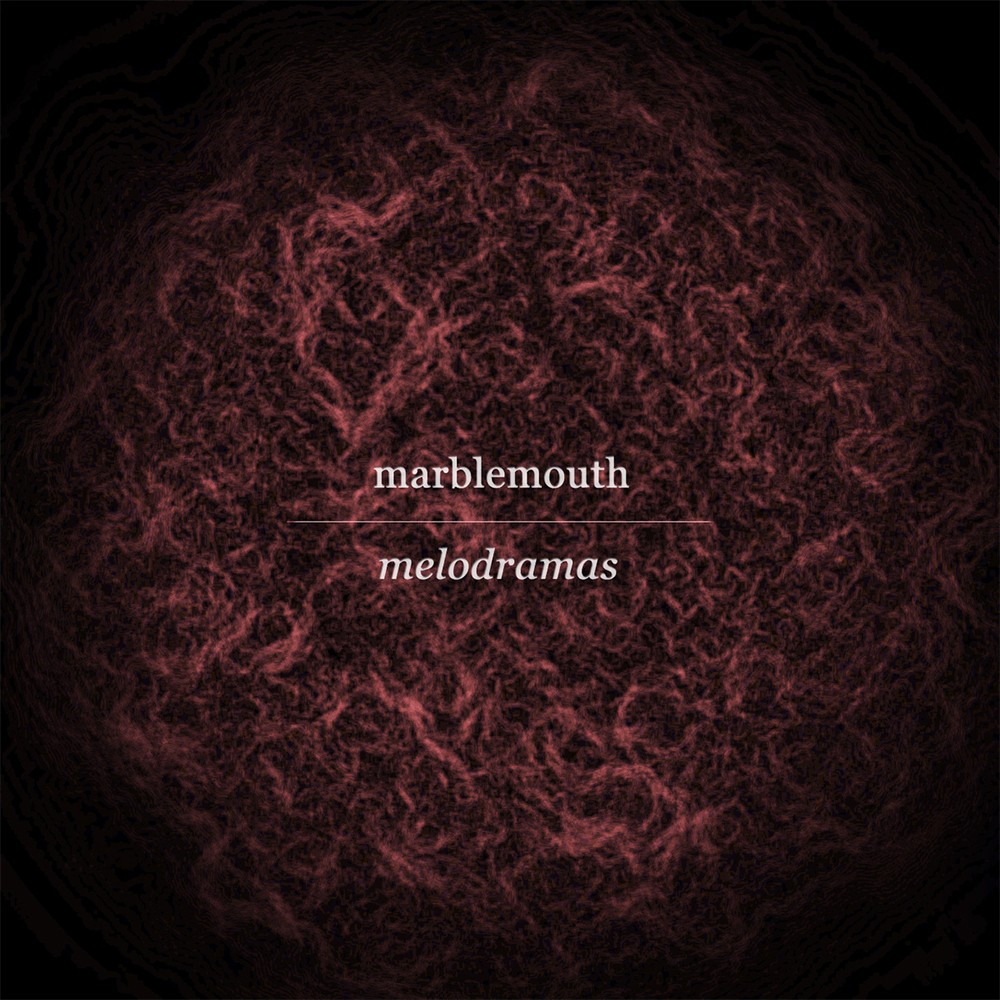
Melodramas
Recorded at home, September – October 2013. Guitar, synthesizer, vocals – Brendan. Cover photo by Rory Catherine McCann.
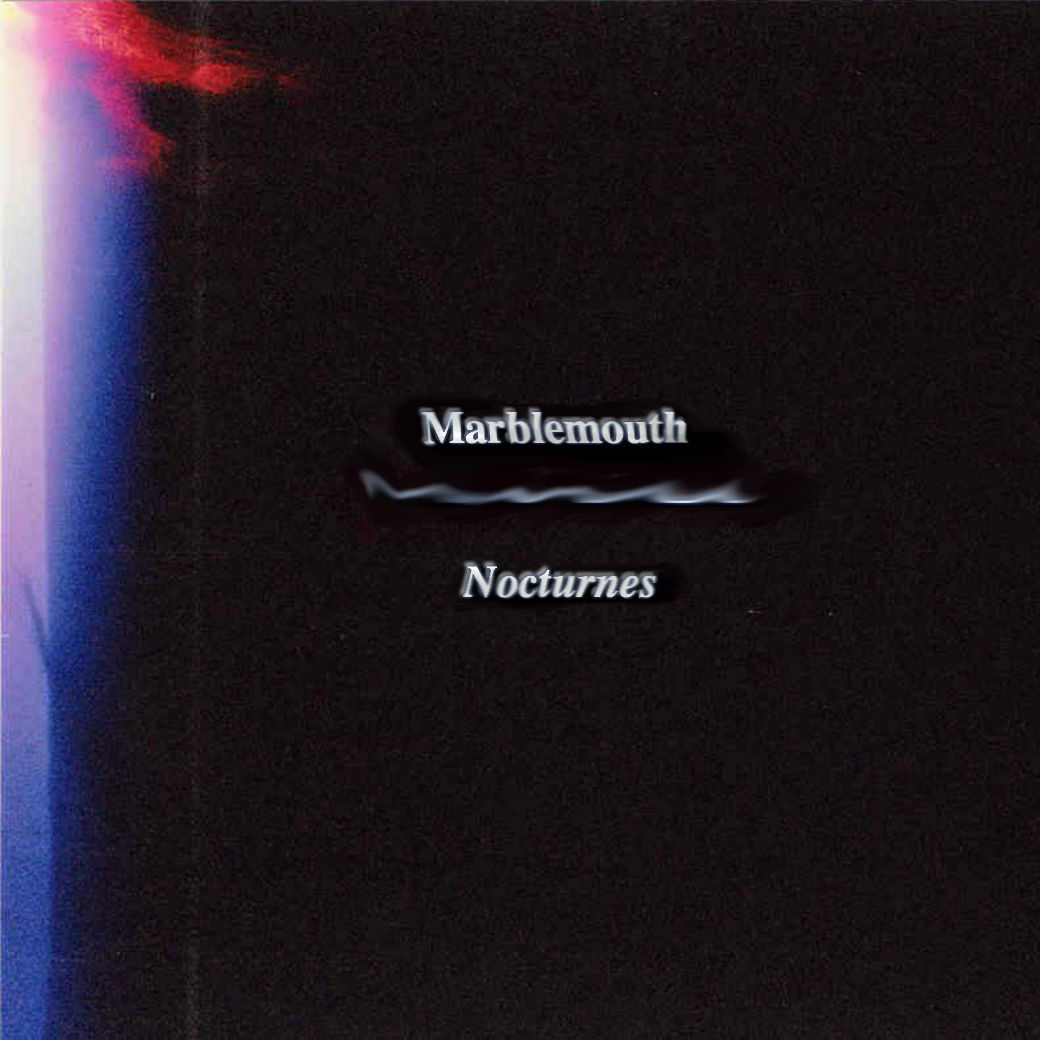
Nocturnes
Recorded at the Practice room July 12-15, 2012. Guitar, Vocals – Brendan. Drums, Keyboard Bass, Production – Tyler.
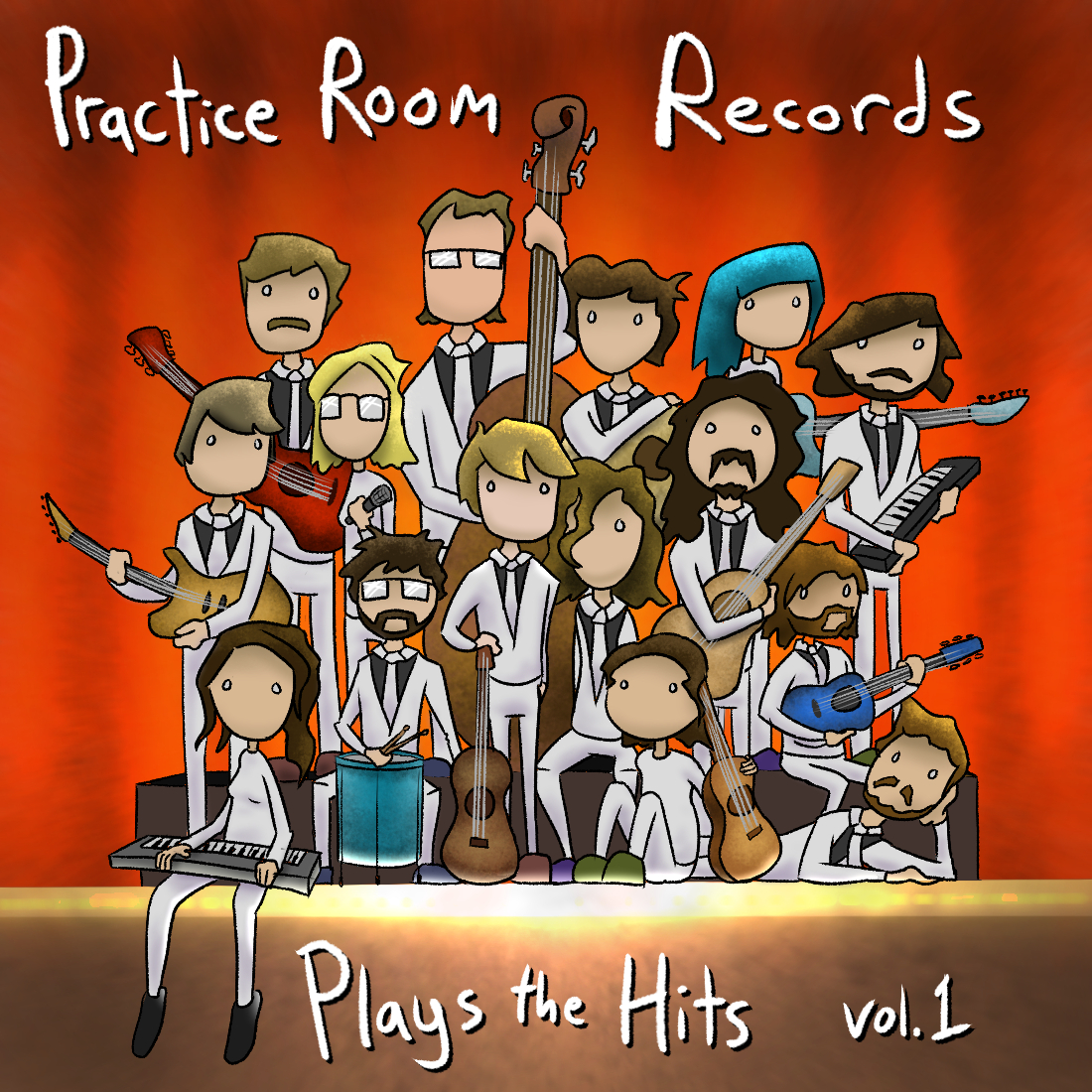
PRR Plays the Hits Vol. 1
Practice Room Records Plays the Hits is a compilation of covers.
“Personal Tornadoes” performed by Marblemouth (originally performed by Trouble Books on the album The United Colors of Trouble Books, 2008)
“Eventually, All At Once” performed by Trestin Eeling (originally performed by Joan of Arc on the album Eventually, All At Once, 2006)
“She Did A Lot of Acid” performed by Primacy Effect (originally performed live by Neutral Milk Hotel, c. 1997)
“Go” performed by Sonoak (originally performed by Daniel Johnston on the album Respect)
“Born on a Train” performed by Jason Lerman (originally performed by The Magnetic Fields [The Charm of the Highway Strip, 1994], but Jason had only heard the Arcade Fire cover version [c. 2005] when he recorded this)
“Derwentwater Stones” performed by Tapestry (originally performed by Robin Pecknold on the E.P. Three Songs, 2011)
“Give You My Lovin’” performed by Glass Frog (originally performed by Mazzy Star on the album She Hangs Brightly, 1990)
“Hey, That’s No Way to Say Goodbye” performed by Cloud (originally performed by Leonard Cohen on the album Songs of Leonard Cohen, 1967)
“A Spindle, a Darkness, a Fever, and a Necklace” performed by Ena Alvarado (originally performed by Bright Eyes on the album Fevers and Mirrors, 2000)
“Merchandise” performed by Male Unbonding (originally performed by Fugazi on the album Repeater, 1990)
“He Doesn’t Know Why” performed by Raw Paws (originally performed by Fleet Foxes on the album Fleet Foxes, 2008)
“Bankrupt on Selling” performed by Michael Brandon (originally performed by Modest Mouse on the album The Lonesome Crowded West, 1997)
“Our Last Night Together” performed by Moviegoer (originally performed by Arthur Russell on the album World of Echo, 1986)
The Players (album art, clockwise from the bass neck)
Greg Salwen, Samira Winter, Tyler Taormina, Michael Brandon, Jason Lerman, Kyle Oppenheimer, Ena Alvarado, Nolan Eley, Kenny Korb, Cole Verderber, Lorena Alvarado, Brendan Mattox, Casey Jacobs, Michaela Weglinski, and Konrad Kamm
Recently, I was interviewing Brooklyn artist & musician Taraka Larsen. In the course of our conversation about an end of the world karaoke event she and her sister, Nimai, put on several years ago, she dropped this interesting thought about singing other people’s songs:
“You’re willingly opening yourself to being possessed,” she said, “like, if you’re singing an Elvis song, and you’re really good at it, you’re channeling Elvis.”
At the same time, I finally got my shit together and started organizing the dozen or so tracks that other members of PRR had sent me to compile into the compilation you’re currently downloading (thank you for reading this and not, god forbid, looking at porn or Pitchfork).
Taraka’s observation has stuck with me. Why play the hits? It’s not like it’s hard to find the original recording of anything anymore––they’re streamable, buyable, and audible from the quad of your local college.
But nothing quite compares to picking up an instrument yourself and trying to arrange someone else’s song. Our bodies are so different, so unique. Often times it requires more than just a set of tabs from Ultimate Guitar and a six-string acoustic.
I’m at a loss to describe just what that is: I think it takes a loving, deep connection to the song that you’ve chosen to cover. You need to know original so intimately that your stupid fingers can compensate for what it does not know how to do, and replace that essence of the creator with your own.
-Brendan Mattox (aka Marblemouth)
Thanks to:
All the artists whose awesome music we covered.
Brendan Mattox for organizing and compiling these songs.
Ken Korb for the beautiful original album art.
And a big, big thanks to Kyle Oppenheimer for mastering!
